Being interested in digital creation means developing an unfailing curiosity… and often multiple skills. For Georgy Molodtsov, it’s almost a reflex. At the same time programmer for various festivals, director and author of several VR projects, but also very present in the online community, we took the opportunity to learn more about his career. From Moscow!
In 2020, aside from the (online) goEast film festival, Georgy was one of the directors of Jean-Michel Jarre’s concert at Notre-Dame and Alone Together.
From Russia to Sundance (and back)
Georgy Molodtsov – My first job – and first degree – was documentary film director. Even very young I did speak english, which allowed me to work on several co-productions between international film schools, Berlinale talent campuses and selected in a few festivals as a student. It was amazing to be able to connect with an international community/market of producers and artists. From here, I was able to understand how festivals work – and I joined my first event in my university in Russia. What it taught me is that no matter the scale of the festival, no matter if it’s VR or cinema, curating and managing an event is always the same job. I joined the Moscow International Film Festival at the documentary section for a time. I was lucky to visit the Sundance Film Festival for them in 2015, as I was studying in the US at that time (as part of the Fulbright Program). And I discovered the New Frontier program! Back then it was mostly Google Cardboard, Gear VR, early Oculus DK1 projects and a lot of great contents and artists. Everyone was waiting to try VR, even the VIP people. The sensation was amazing!
G. M. – I discussed a lot about filming in VR with the directors at Sundance. When I went back to Russia, I met someone very good on camera gears and hardware: we started an initiative to explore immersive creation, aside from our jobs. Our first film was VRABILITY (link – video) with a real ambition to create something with a social impact at the end. We were very concerned about disability, and we figured out that VR could help a lot of people – including people in wheelchairs. And to help them exercise in the real world. We received a lot of interest internationally, which led us to my first VR Film Festival proposal from Dell EMC (EMC back then before the merge with DELL – See a video). We organized a screening with 65 Samsung Gear VR headsets synchronised for them, and it was 2016! Now I’m not sure how many events and festivals I organized since then.
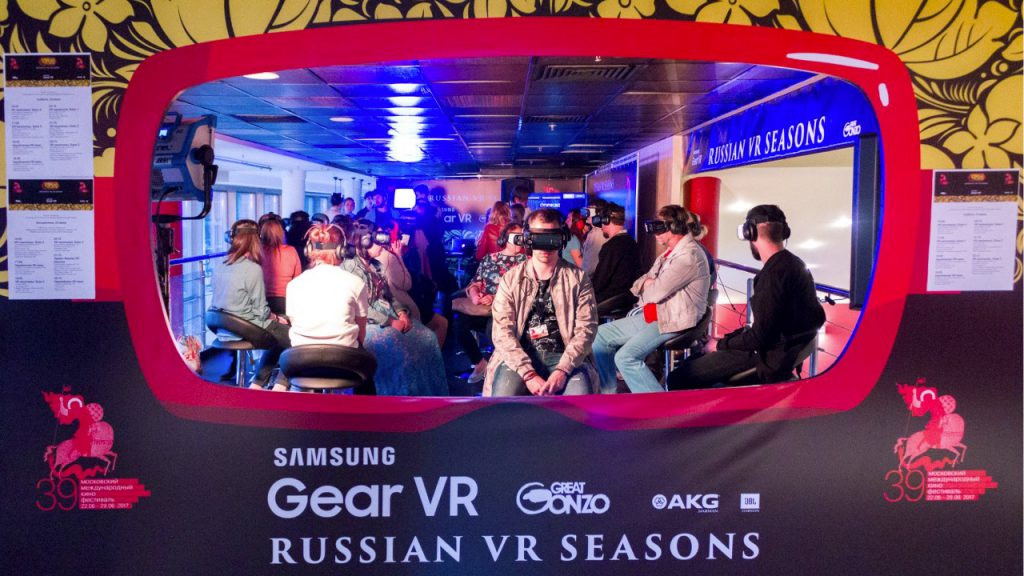
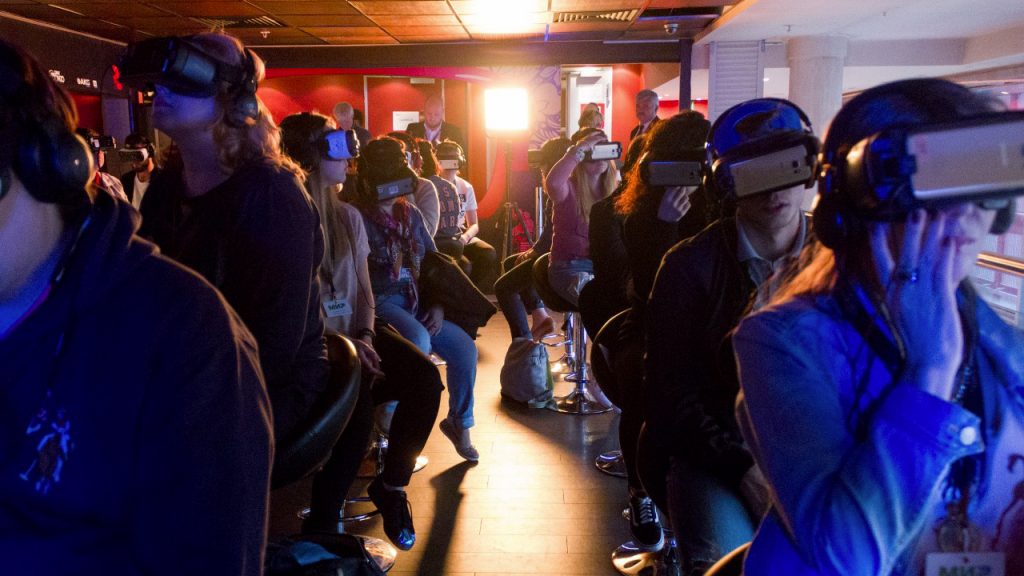
G. M. – I partnered with other companies in Russia to produce 360, 6DOF contents, commercial and artistic ones, as a non-profit organization: Russian VR Seasons (link). We want to show what we produce (documentary, fiction, installation…), or student works. It’s a bunch of people from different worlds to show what’s going on in Russia, and be more visible internationally. That went really well – screenings in Cannes, Berlinale and international film festivals helped us to spread a work about Russian films worldwide, and dozens of showcases in Russian festival plus great PR coverage of international festivals (were Russian VR projects were sometimes equally represented with traditional cinema) helped us to introduce the genre and format to Russian audience and film industry.
UNDER THE PILLOW – Directing a VR film for kids
G. M. – As a documentary film director I was really focused on 360 productions. It’s all about capturing an environment, and to replicate it virtually. That led me to more commercial projects of course, but then I figured out I could do more. I want to explore 6DOF, game design and more. I started a project called UNDER THE PILLOW (link), which is based on a fairy tale my father used to tell me as a kid. It was a story to help me and my sister to grow up and take care of each other as my father was not living with us. It’s all about lost treasures and friendship, and a puppet friend that could help us to solve problems. As a journalist, my father wrote about it in newspapers – and he received a lot of letters from all Russia, from people who wanted to share their own family stories. Including a lot about domestic violences, bullying, school issues.
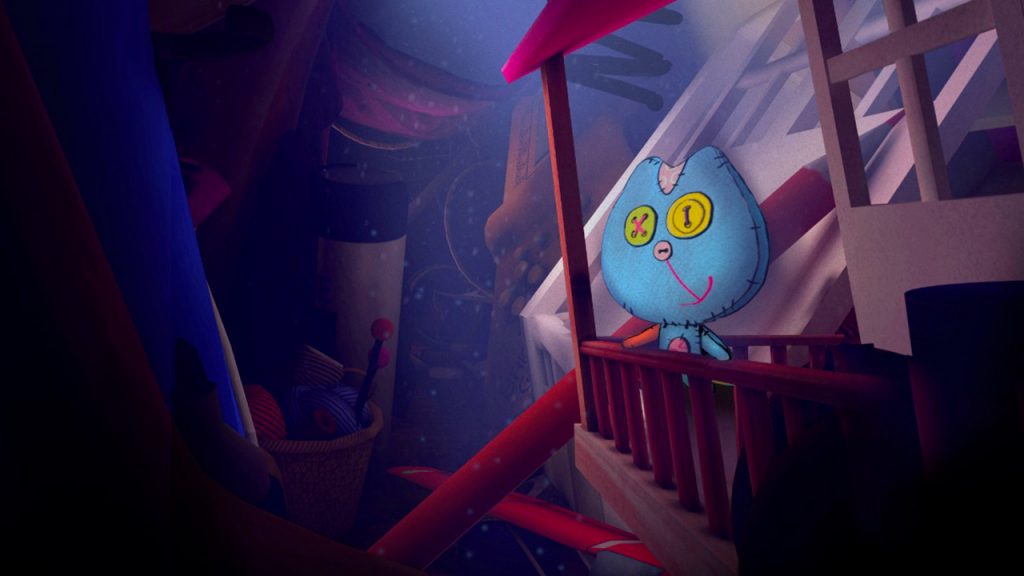
G. M. – After working on the technologies I could use to direct a new VR project, I decided that could be a great subject. I worked with partners in Belarus, Feeling Digital, on this, all self-financing for now. In Russia you don’t have public funding for VR – not like cinema. We had to go forward, to start this because there is not a lot of immersive content for kids. And since then, we were in financing markets with our pilot version: BIFAN, Geneva International Film Festival, New Images and Annecy to meet and discuss with the international community and co-producers. All of the markets and festivals helped us a lot internationally, and Annecy got us great PR domestically as it is well-known in Russia. More than that, it prooved us that our initial roadmap – from interactive (VR, AR, 360) to flat animation and even merchandising is worth doing. To get the story real!
goEast 2021: going forward
G. M. – When I started to curate for VR festivals, we chose a lot of 360 contents, which are easier to showcase and select. Until 2018, it helped me to present projects in several cities, in Russia or Sweden (VR_Sci Festival), mostly within an existing film festival. In 2018 I started to work with the goEast Film Festival (link), which is a great rendez-vous for central and eastern Europe cinema. Heleen Gerritsen, the festival director, asked me to work on the Open Frame Award which is now dedicated to immersive films. We decided to select only 8 projects per year for a 5000 euro prize, in order to have the time to work them well – for the audience, for the creators. It’s hard to highlight 30 or 40 projects at the same time.
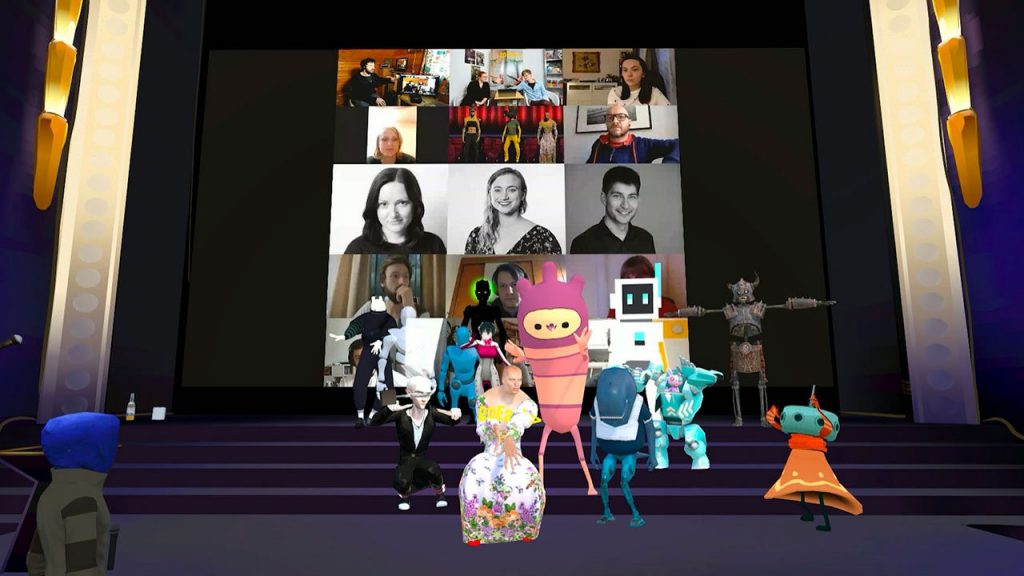
G. M. – And it gives a great exposure to local talents on an international scene! It’s our main job, to push regional artists to the world, others festivals. Bringing east-european contents on an upper level is a real task. For now, we are working on a pre-selection for the 2021 edition. Following the success of our online edition last year (in VRchat with VRrOOm, it was bold at this time to try this, but it worked), we will keep our virtual theater and world to present the next line-up and conferences of goEast Open Frame. This pandemic time is hard, but gives us some opportunities to gather a wider audience – and an international jury! A lot of festival curators visited us, it was satisfying to share it.
G. M. – I would remind you that it was May, 2020 – but we presented our 6DOF selection on Viveport and tested the idea that the audience could ask and access the content. It was great to see how it went, to the virtual stage of our closing ceremony where people shared from their homes, from all over the world!
G. M. – This year we will produce a hybrid festival with a digital part. But we want to keep a physical space for a local audience. I’m not even sure I’ll be able to travel myself, but there will be people around. We focus on sharing and discussions in the audience, maybe with more videos and talks.
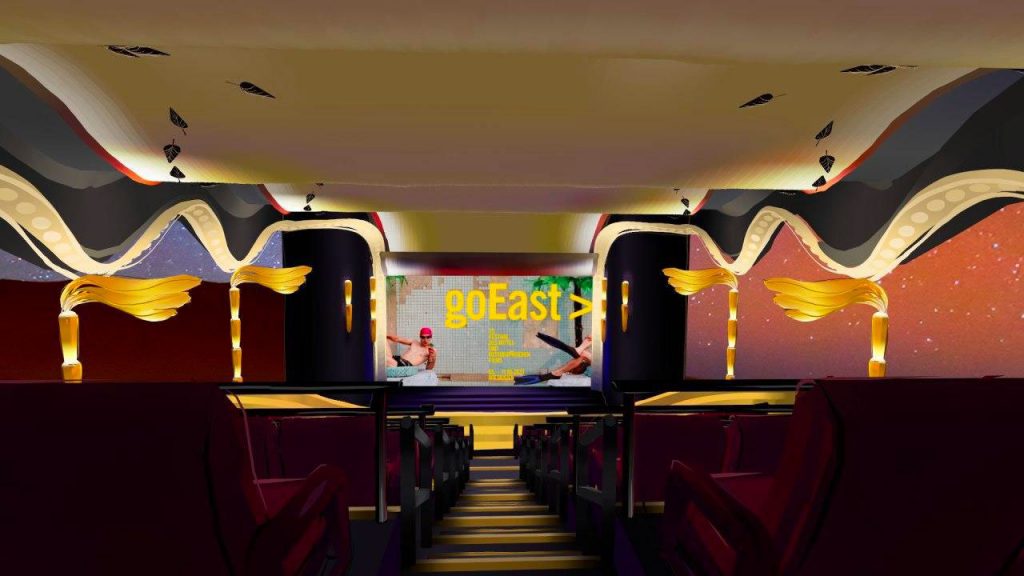
Open Frame Awards – A list
- 2020 / WHISPERS (2019) Poland
- 2019 / AFTERMATH: EUROMAIDAN (2019) Ukraine
- 2018 / THE NOMINAL EMPIRE (2018) Russian Federation

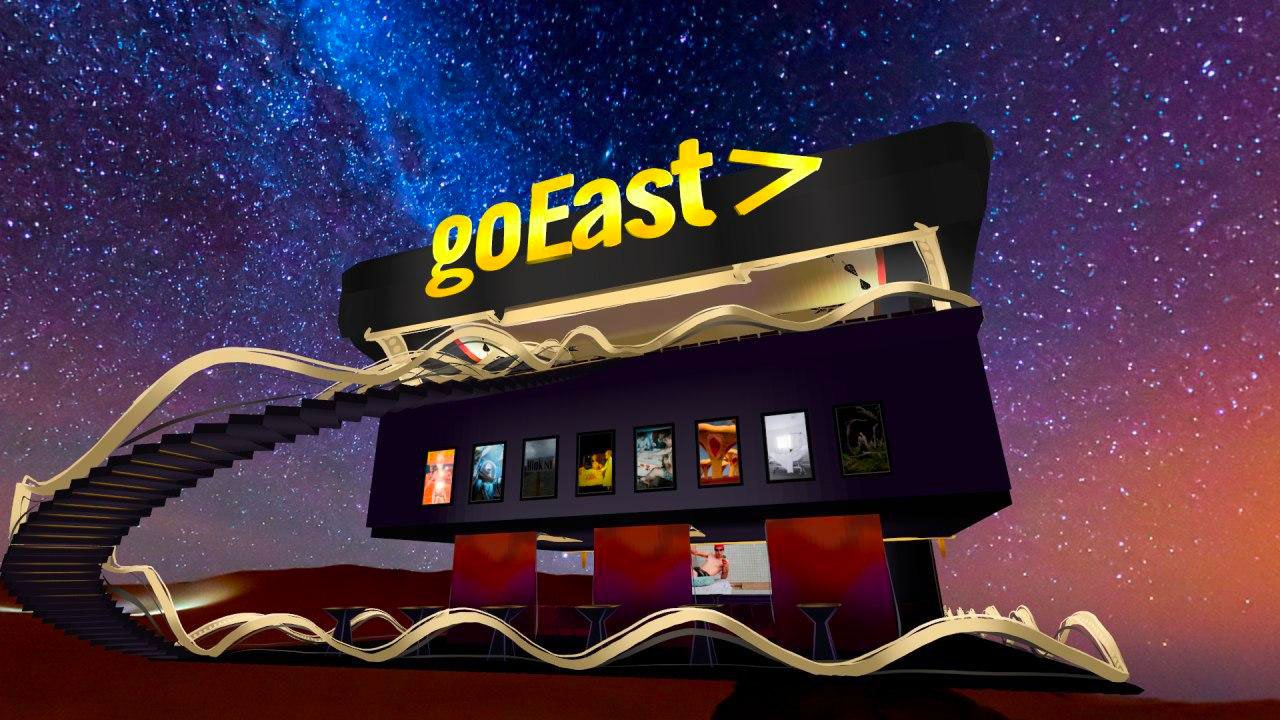

Leave a Reply
You must be logged in to post a comment.